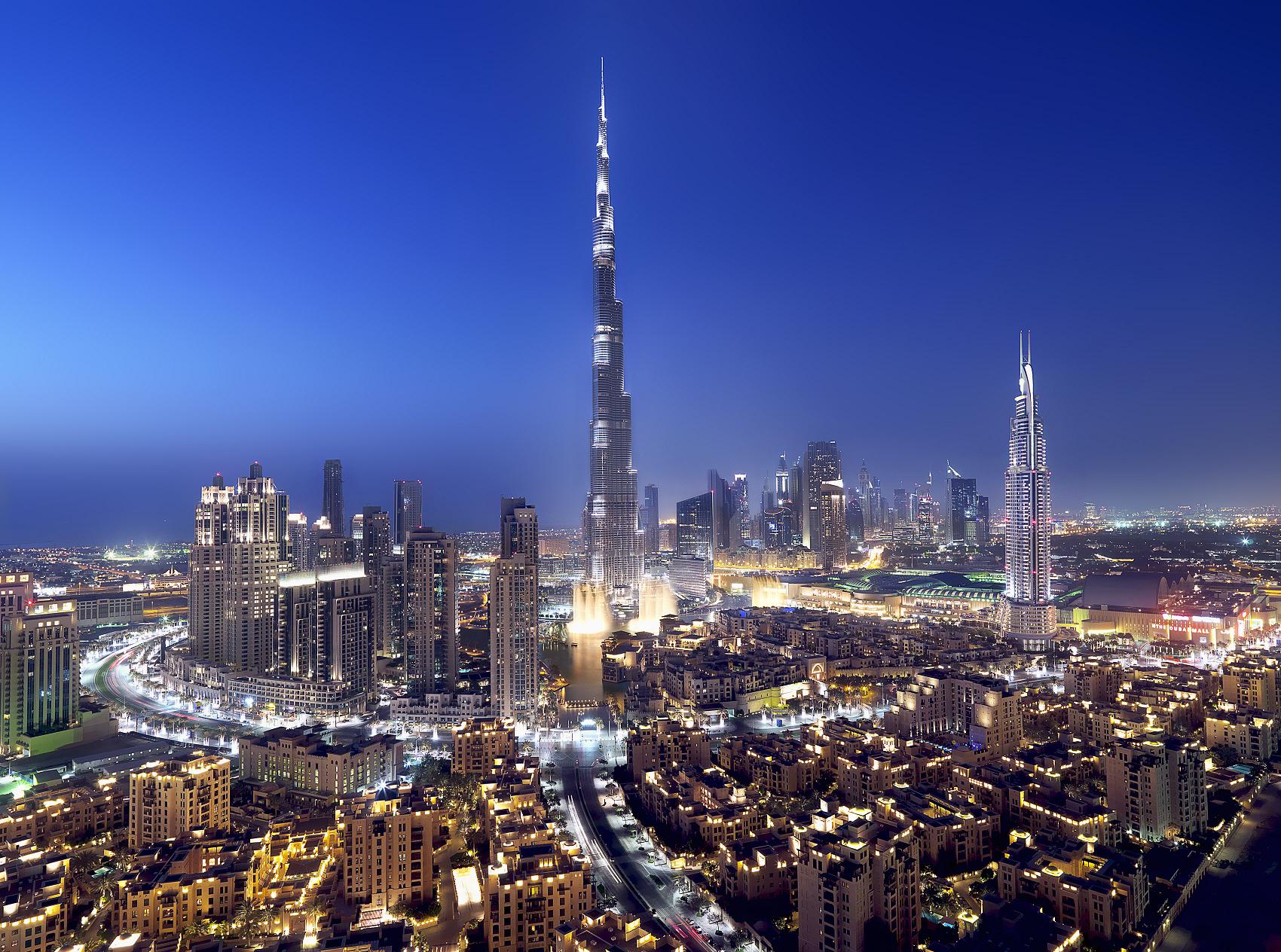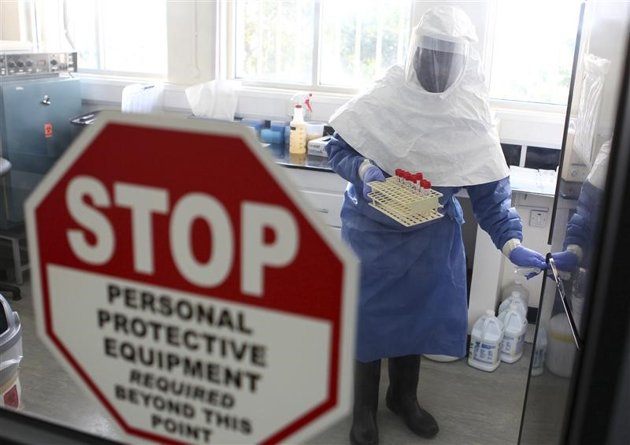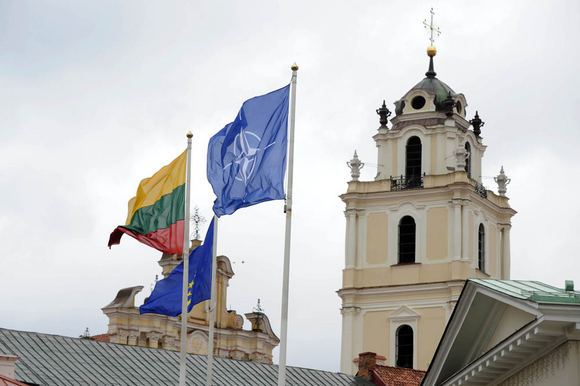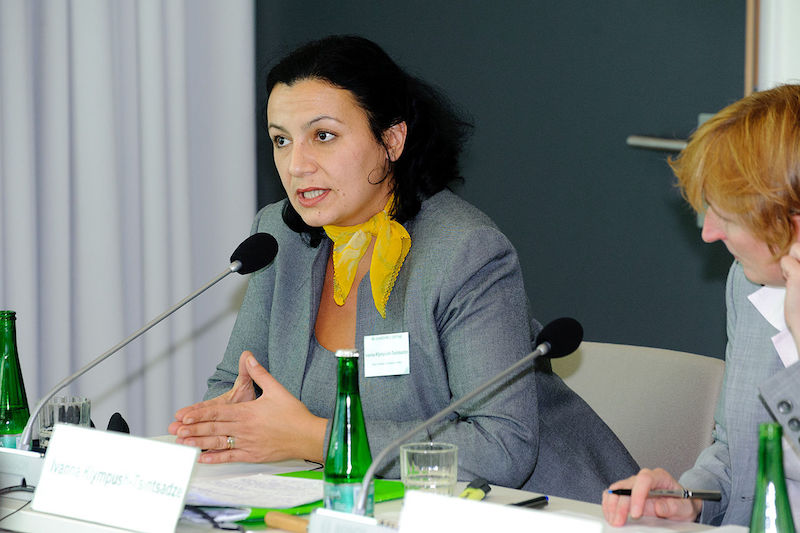The intensely interconnected world of the 21st century has presented a number of opportunities for states to reach their foreign policy goals. Perhaps most notable has been the global shift in the conception and nature of state power. An acceleration of globalising forces throughout the 1990s and 2000s integrated states and societies into worldwide systems and networks of interaction and interdependence. As this distinctive form of “global politics” emerged, small states such as the United Arab Emirates have seen opportunities to project influence and achieve foreign policy goals, using their newfound leverage to disrupt the current system of global governance.
When discussing the setting for the second instalment in the Sex and the City movie franchise, writer and director Michael Patrick King noted, “I thought about the Middle East because of Dubai and Abu Dhabi and their extravagance. It’s the new Middle East and the future.” King eventually settled for Abu Dhabi, using it as the backdrop for a week of glamour and decadence enjoyed by the four female protagonists. King’s choice to set the film in the United Arab Emirates, more than just an idiosyncratic preference, is a testimony to the global rise of the small federation.
In a recent article in the Washington Post, the UAE was referred to as a “quiet, potent ally nicknamed ‘Little Sparta’”. Over the past decade, the microstate has emerged as a global power in its own right, wielding its economic might and regional influence to carve out a spot on the world stage. It has done so by taking advantage of an increasingly globalized world, using a number of strategies to both compensate for and leverage its small size in the execution of its foreign policies. In doing so, it stands as an example of the erosion of the links between size and power in the 21st century and underscores the changing landscape of global governance.
Since independence in 1971, the federation has been characterized by its small size, its wealth of resources, and its myriad of security concerns. Domestically, it is also typified by its highly concentrated leadership structure and less than participatory political system. Made up of seven constituent emirates, the country borders the Gulf of Oman and the Persian Gulf, where it is situated between Oman and Saudi Arabia. In size, it is ranked 115th in the world, possessing an area slightly smaller than the state of Maine.
The “decadence” and “luxury” of Abu Dhabi revered by the women of Sex and the City may be hyperbolic, but it certainly has elements of truth. The United Arab Emirates is undoubtedly a wealthy country. Known primarily for its oil and gas reserves, it has also invested significantly in industry, services, commercial activities, its role as a transit area, and re-export trade with Gulf States.
The country, together with the other states of the Persian Gulf, has seen remarkable growth in the past two decades. Oil income in the UAE grew from US $13 billion in 1999 to US $87 billion in 2008, while collectively, the six states of the Gulf Cooperation Council are estimated to have acquired some US $912 billion in foreign assets over the five years between June 2003 and June 2008. The economic preponderance of the UAE is all the more important in the era of globalization, where economic capability is measured in more than monetary terms and material resources: the “new economy”, as described by Baghat Korany and Ali E. Hillal Dessouki, “privileges competitive advantage – technological advance, brain power, innovation and creativity.”
Significant increases in oil prices in the 2000s resulted in massive capital inflows for the country. Using these resources as foreign policy tools, the UAE sought to take an active role in international regimes and gain leverage in regional politics. The country’s success in gaining a voice and a position within global governance on its own terms is a testament to the changing nature of world politics.
One of the most important causes the UAE has pursued is the rebalancing of frameworks of global engagement, particularly within the spheres of financial and energy governance. This cause gained traction in 2008, when Gulf-based sovereign wealth funds played a critical role in providing financial assistance to Western financial institutions during the early stages of the financial crisis. The UAE provided assistance, but linked it to a condition: the reform of structures of global governance, at the time seen as unrepresentative of the emerging economies of the 21st century.
In November 2008, the Governor of the UAE Central Bank, Nasser al-Suwaidi, outlined the UAE’s interests and motivations: “If [Gulf Cooperation Council states] are given more voice then they will provide money maybe… They will not be providing funds without extra voice and extra recognition.” As the crisis continued, a loose alignment of emerging economies, including the United Arab Emirates, started coming out of the woodwork, coalescing around calls to address the imbalance in the global financial framework. This alignment was led by Saudi Arabia, by virtue of its position on the G20, which spearheaded the charge for a proposal submitted to the IMF calling for an increase in representation that would reflect their voice in the new economy.
While involved in this initiative, the United Arab Emirates has also turned to new frameworks of energy governance and climate change. In 2009, Abu Dhabi made a successful bid to host the headquarters of the International Renewable Energy Agency. This was an important statement. It was the first time that an international agency has established itself in the Middle East, and such a statement was, of course, shored up by Abu Dhabi’s promise of up to US $135 million in cash pledges and in-kind assistance to the newly formed agency.
The UAE has also continued to take an active role in the changing global order by reorienting its sovereign wealth fund portfolios towards emerging economies in the Global South, responding to a continuing global shift in economic activity that suggests that the “world economic centre of gravity” will move east to rest between India and China by 2050.
Regionally, the UAE has used the “diplomacy of the purse” in its relations, using its financial capacity to ensure regional stability and to exercise leverage in Arab countries undergoing transition. This has emerged in part from the UAE’s inability to maintain a large army due to its small size and smaller number of nationals, coupled with the threat of nations such as Iran that outmatch the federation’s military capability: peaceful settlements of regional conflicts and desire for stability above all have become the modus operandi of the country’s regional foreign policy. The UAE has been able to utilize its oil resources in the form of foreign aid and assistance to Arab and developing states in order to promote its status and maintain cooperative interactions: between 1974 and 2006, it has provided US $28 billion of foreign assistance to primarily Arab and Muslim states.
In sum, the United Arab Emirates has taken significant steps towards integration in the international and regional spheres on its own terms – an integration undergirded by the significant resources at the country’s disposal.




